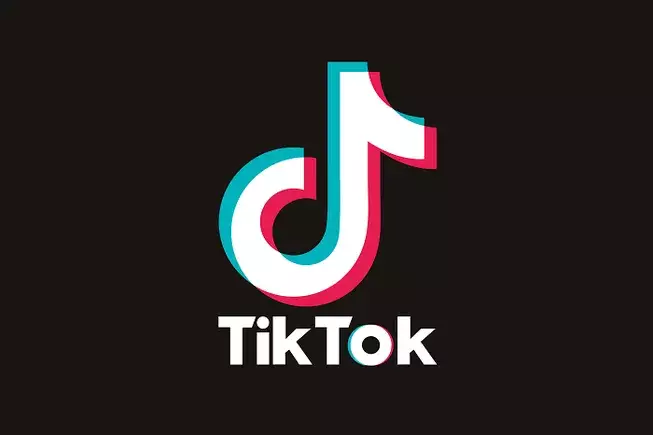In a digital era characterized by an ever-increasing reliance on social media platforms, the recent developments surrounding TikTok in the United States represent more than just a simple business negotiation; they act as a microcosm of the larger tensions between national security and innovation. As the clock ticks down toward the April 4 deadline, optimism takes the spotlight, yet skepticism brews beneath the surface. Vice President J.D. Vance’s assertion that a deal will materialize deserves a closer examination, particularly because it’s entwined within a complex web of political, social, and economic factors.
The backdrop to this unfolding drama includes the Senate’s enactment of the “Protecting Americans from Foreign Adversary Controlled Applications Act.” This act was a bold legislative response to rising concerns about the data privacy and security threats posed by foreign-owned applications, leading to a demand that TikTok be divested to a U.S. entity. Yet, in a landscape littered with misinformation and political maneuvering, the path forward remains murky. Vance claims optimism, but it’s laced with ambiguity; the efficacy of potential deals remains largely speculative.
Political Shadows and Corporate Connections
Delving deeper, it’s essential to question the implications of Trump’s earlier assertions and his strategic ties to powerful corporate entities like Oracle. Notably, Trump’s connection to Oracle CEO Larry Ellison raises eyebrows. Will personal relationships overshadow public interest? It’s an age-old dilemma in the political realm, where the line between governance and business often blurs. Trump’s past attempts to broker a deal with Oracle, coupled with his insistence that there are “four good offers” on the table for TikTok’s U.S. operations, adds another layer of chaos.
While Trump’s enthusiasm for a potential Oracle partnership makes sense, it’s crucial to contemplate the ramifications of such a decision. What precedent would this set? If Oracle becomes the U.S. entity overseeing TikTok, would the app’s operations shift significantly to reflect American values and security measures? Or would it merely be a cosmetic change, allowing the Chinese parent company, ByteDance, to retain significant control behind the scenes? This dichotomy could prompt fierce debates about technological sovereignty and digital ethics.
The Data Compliance Puzzle
The so-called “Project Texas” is another intriguing aspect of this negotiation puzzle. Designed to create a clear separation of U.S. user data from its Chinese counterparts, it raises a critical question: can we genuinely trust this arrangement? ByteDance’s history is entwined with global data practices that have drawn scrutiny. The move to partner with Oracle for data management can be seen as a strategic response to criticism, yet skepticism remains. Can we realistically expect a Chinese corporation to operate under the stringent oversight expected by U.S. regulators? The implications of this partnership could resonate far beyond TikTok and set a precedent for how foreign-owned technology firms operate within U.S. borders.
The Unfolding Consequences of Inaction
If negotiations fall flat, the consequences could extend well beyond the app itself. TikTok’s potential exit from the U.S. market would not only disrupt the digital landscape for millions of users—but could also set a dangerous precedent indicating that foreign companies with significant user bases are unwelcome. It raises alarm bells about a potential digital divide that could emerge from increasingly stringent national security policies. Could this scenario fuel isolationism in an interconnected world? Such questions provoke a need for deeper dialogue surrounding technology, governance, and consumer rights.
TikTok’s future in the U.S. showcases an intersection of innovation and caution, where every decision holds profound implications both for the platform and for international relations. The unfolding events may just serve as the beginning of a new era in how we regulate technology, connect cultures, and safeguard user information against a backdrop of competing priorities. The forthcoming weeks offer a critical opportunity for stakeholders to engage in a more transparent and productive dialogue about the intersection of technology and national security.

